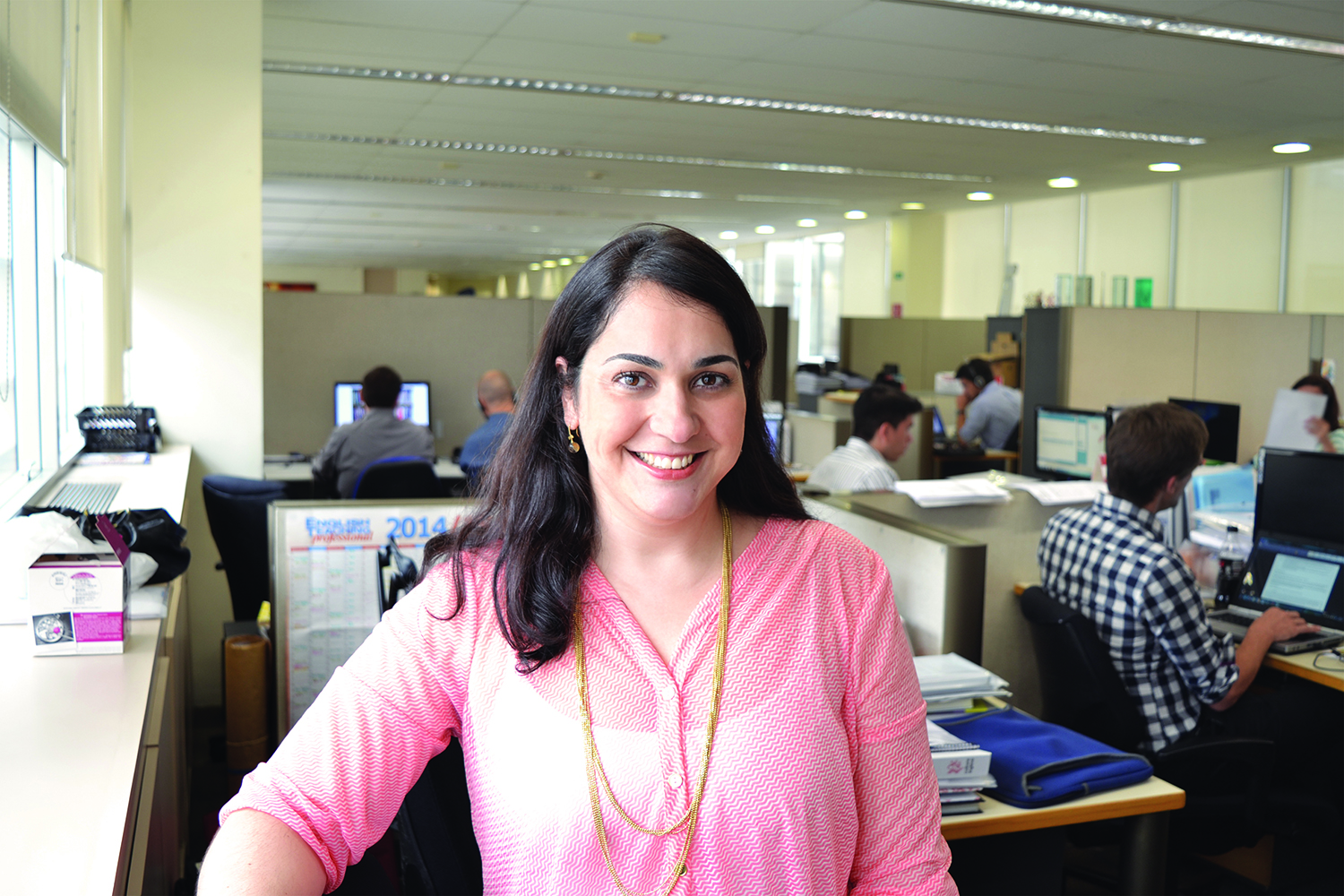Who are your learners?
New term and new groups bring teachers the challenge and the opportunity to build new connections and experiment with their teaching repertoire in different contexts. Also, new students tend to bring different needs, a plethora of expectations and demand a variety of skills from the teachers. That means the classroom is our greatest lab for professional growth. In order to make the most of it, one of the things we need to do is to learn who the students are to plan what we will need/ want to develop during the term. Here are some tips to get to know your learners better:
- Some assumptions can be made – for instance, if it’s their first term, they might need to learn a lot about the school you work at and may need support in feeling welcome to the group; if it is a basic course, some of them will probably be real beginners, others might have some previous knowledge and experience with the language. Even though we can anticipate a lot from experience, nothing can be taken for granted as we are dealing with a group of people, with their own particular needs and expectations. Assumptions are fine and necessary to plan the first lesson, but they need to be accompanied by the flexibility and preparation for the unexpected.
- Take some time to learn about your students’ background – find out what and where they studied before, if they are adults, their jobs, what they study. If you are teaching a large group, you may want to do it in a natural way while they get to know their colleagues in an icebreaker, for instance. Listen carefully and take notes. Promote activities that will encourage them to talk about themselves and give you information that will inform decisions you will be making concerning choice of activities, linking the lessons to learners’ life and ways to keep them interested. It is not simple at all as you will be finding out information about your learners as the term unfolds.
- Help learners know about other learners – the power of a group is indisputable and teachers should take all advantages of that. If learners work well together from day one, chances are the term is going to be very productive. Plan activities that will encourage the group to listen to each other and to help them bond and build cohesiveness. This will surely create a positive atmosphere where learners are open to new information and create positive memorable learning experiences.
- Know your group as learners. Some teachers prefer to distribute a needs analysis questionnaire, you can find rationale and ideas in Richards (2001). You may also observe what they do and how they react to the different activities in class. In that case, plan your first lesson with a variety of tasks, demanding various skills to be able to observe learners and how they perform best. If someone else taught them in previous terms, talk to your colleagues about the learners, their needs, preferences and what works or not. However, do not assume you will all do the same thing and get the same results. People change, people grow, people develop, people learn. Our role as educators is to provide learners with chances to do all that and stretch their comfort zones.
- Make the most of social media. What learners post, share and like may be valuable information to the classroom, either as a lead-in discussion or to help you make choices for your lessons. Use it judiciously and cautiously.
What other strategies have you used to get to know your students better? In the next post we are going to look at how to use information about your learners to customise your lessons.
Reference:
Richards, J. C. (2001) Curriculum Development in Language Teaching. Cambridge: CUP.




